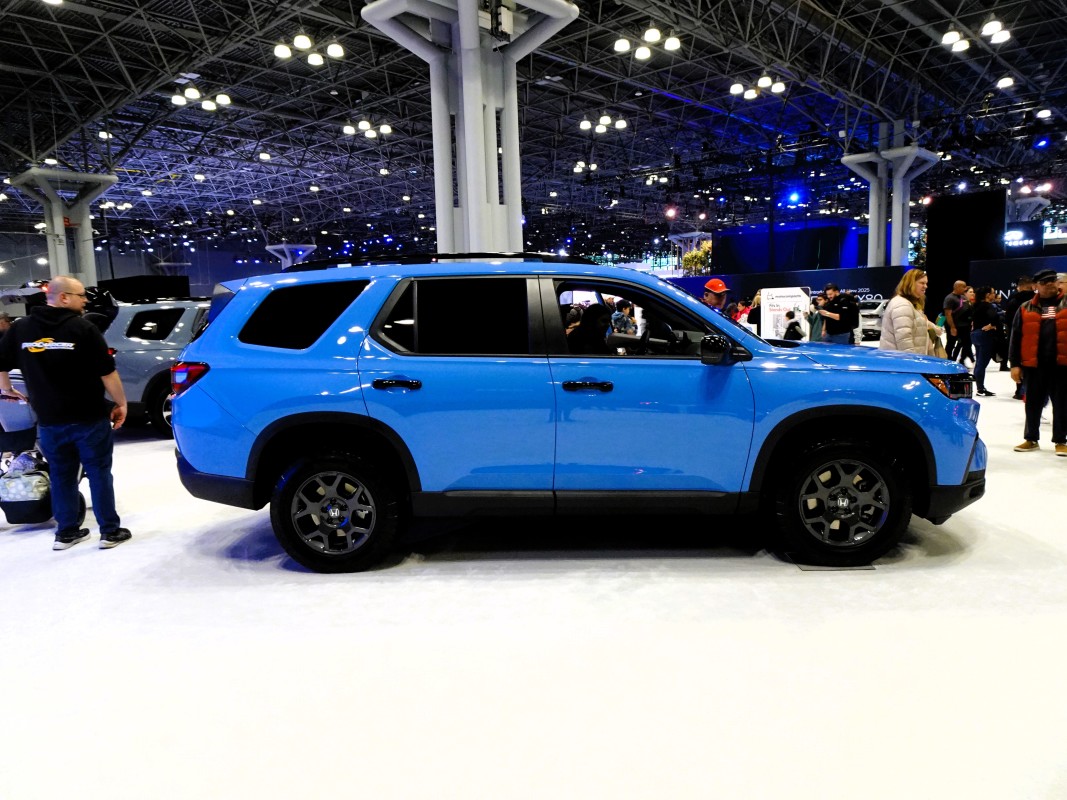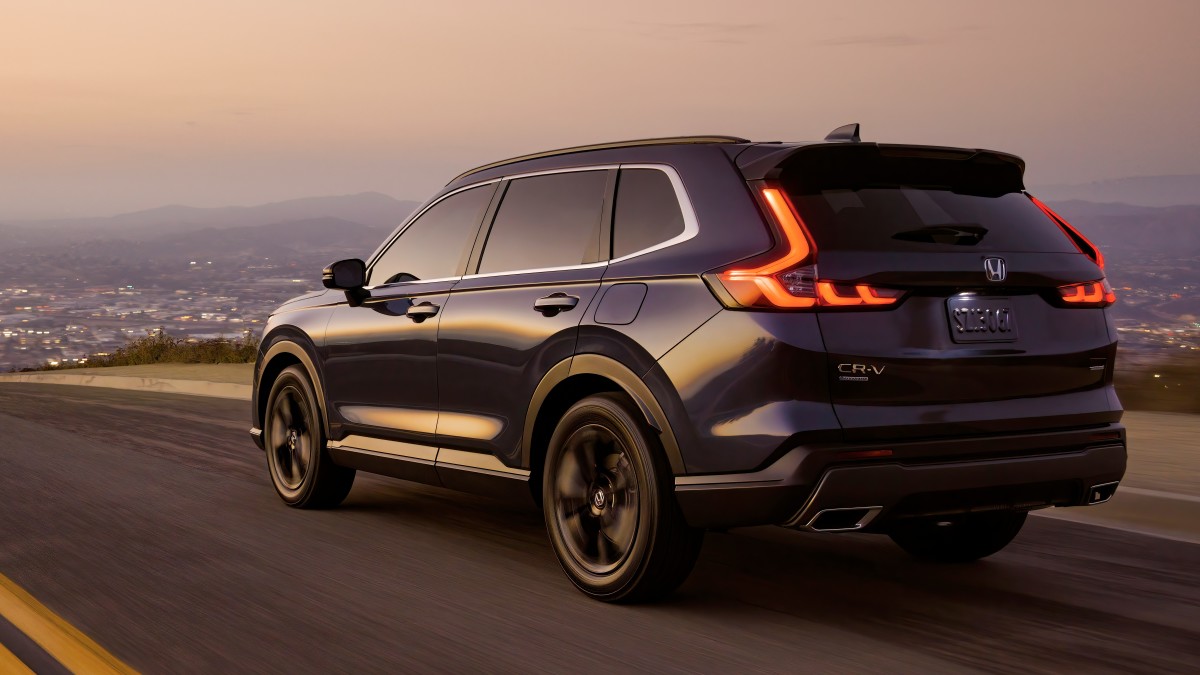
Since 1969 when it began exporting its first cars to the United States, Japanese mobility giant Honda (HMC) has been a trusted automaker that has earned its place in the hearts, minds, and driveways of millions of American drivers and their families.
Like its domestic rival Toyota (TM) , Honda has gained a sterling reputation for making high-quality, reliable, and long-lasting cars that can easily rack hundreds of thousands of miles on their original engines. Even in the age of software-connected cars, examples of popular models like the Accord and Civic from as far back as the 1980s and 90s still populate the roads today.
💰💸 Don’t miss the move: SIGN UP for TheStreet’s FREE Daily newsletter 💰💸
Related: Honda executives expose a cruel reality of the EV market
As tightening government emissions guidelines force automakers to go electric and/or find creative ways to make gas-powered internal combustion engines burn cleaner and use less fuel, Honda still ranks among the best-selling cars in the nation.
However, a new development follows a pattern that is taking a toll on its legendary reputation for quality and reliability.

Honda
Feds open probe into popular Honda cars
On Nov. 8, the National Highway Traffic Safety Administration announced that it had opened an investigation looking into 1.4 million of Honda's popular family cars due to an issue that could cause the engine to fail catastrophically.
The affected cars in the investigation span Honda's mainstream lineup and the luxury-oriented Acura brand. They include the 2016–2020 Acura MDX SUV, the 2018–2020 Acura TLX sedan, the 2016–2020 Honda Pilot SUV, the 2017–2019 Honda Ridgeline pickup truck, and the 2018–2020 models of the popular Honda Odyssey minivan.
The NHTSA and Honda say the root of the problem concerns an important component within the 3.5-liter V6 engines that power these vehicles.
According to the regulator and the automaker, the engine's crankshaft can suffer from a manufacturing defect that could cause connecting rod bearing failure, leading to engines failing while running.
More Automotive:
- Ford unleashes game-changing update to autonomous driving system
- These parents shun Uber for Waymo for a built-in safety feature
- Distressed luxury sportscar maker files Chapter 11 bankruptcy
According to the documents of the original recall, the defect was caused by equipment that used incorrect settings to manufacture the crankshaft, which caused the crank pins to be "improperly ground, resulting in crank pins with a crown or convex shape that are out of specification."
The Feds say they have received 173 reports of failing connecting rod bearings in the affected vehicles, one related fire report, and 1,450 warranty claims.
The issue under investigation is connected with an earlier recall in November 2023, which affected nearly 250,000 units of the same listed cars.
The NHTSA's probe, which is being handled by the Office of Defects Investigation (ODI) will "assess the severity of the alleged defect" in vehicles not included in the previous recall and will look to see whether more vehicles will need to be recalled.
Related: Honda's most popular cars are facing yet another massive recall
Honda is suffering from a recall streak
Though it is not determined to be a recall, the new NHTSA probe comes amid an uncharacteristic recall streak affecting Honda.
On October 9, over 1.7 million units of the Honda Civic, CR-V, HR-V, and Acura Integra spanning the 2022 to 2025 model years were recalled after Honda received 10,328 warranty claims regarding "sticky steering" caused by defective steering gearbox problems.
In its reports, the NHTSA said it received reports of 13 crashes related to the issue.
On October 22, Honda recalled over 720,000 more cars over issues regarding the high-pressure fuel pump installed in 2025 Honda Civics and Civic Hybrids, 2023 and 2024 Accords, and 2023-2025 CR-V Hybrid, where cracks caused by a manufacturing error can cause a fuel leak and an increased fire risk.
Related: Veteran fund manager sees world of pain coming for stocks







